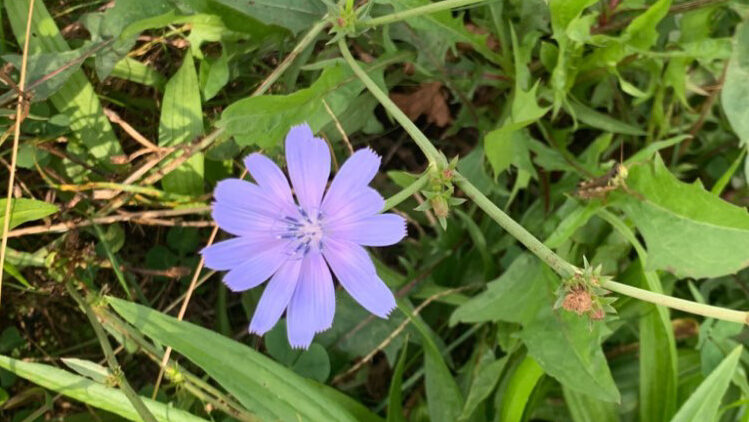The purpose of the research is to attempt to answer the question: what effect does cultural stereotypes have on perceptions of eating insects through the context of YouTube travel vlogs? Insects have nutritional value, and are a more sustainable and economical protein than mammals. Insects have been farmed and eaten in countries in Central and South America, Africa, and Asia for generations due to its abundance and high protein content. The large livestock commonly consumed in Europe and North America will not be as accessible in the future due to their resource depletion and climate change, making insects a more suitable protein replacement. Deroy (2015) highlights the Western distaste for insects is due to cognitive choices, and associations. For example, people are not willing to eat fly larvae because of their association with disease and filth. Understanding the cultural stereotypes associated with eating insects is key to breaking the cognitive disconnect of insects as a viable food option.
By focusing my research on the Western gaze, I was able to analyze the cultural stereotypes of travel video bloggers that may have been socialized to view insects negatively. I collected 60 videos, with over 500 views, as well as each video’s top comments. I gathered background information, such as region traveled, setting, and origin country of the travel video blogger. For my latent analysis, I counted the use of the terms insect, bug or specific bug type. Along with the use of negative or positive phrases. For interpretive analysis, I observed both the explicit spoken language as well as the unspoken language. Including facial expressions and non-word vocal emissions. In addition, I observed the historical or cultural significance of eating insects. The major themes that emerged from the video vlogs were regional differences in tourist behavior, mention or lack thereof cultural and historical significance, and identity of travel vloggers defining cultural in(sensitivity). A majority of the vloggers were from Europe or North America and visited countries in Asia. While in Asia, the vloggers would choose to eat insects in street markets, rather than restaurants or home bases. Whereas travel vloggers who visited Central and South America or Africa tended to eat insects in a restaurant or home base. The travel vloggers in non-Asian countries mentioned the historical or cultural significance of eating insects. For example, nearly every case of travel vloggers visiting Mexico mentioned the pre-spanish history of eating insects and the presence of Mayan and Aztec diets. In Asia, however, historical or cultural significance was rarely mentioned, but instead travel video bloggers would frame eating insects as something that all Asian people must do.

The idea that Asian people eat insects because it is necessary for them points to Edward Said’s theory of “orientalism.” From the Western gaze, Asian people are viewed as exotic, thus they must engage in exotic, non-Western practices. Food is a major element to someone’s cultural identity, and traditional foods have significance to that culture. In perception of these vloggers, Western foodways are viewed to be pure and proper consumption behaviors, while eating insects is thought to be primitive due to the association to filth, dirt and disease (Kosonen 2022). Therefore, many Western travelers may assume that people who eat insects are primitive and dirty.
The majority of the travel videos observed, while in a street market setting in Asia, had an underlying, implicit, Anti-Asian rhetoric. Travel video bloggers expressed great displays of vocal and non-vocal disgust while in street markets, and questioned how insects were edible to the Asian people. One notable exception were travel vloggers that had traveled to the region before, talked with locals or spoke the local language. Travel vloggers who had visited the region previously or spoke to local residents had higher cultural sensitivity than those who only engaged with other tourists on their videos. Contrastingly, travel vloggers in Central and South America or Africa even if they did not like the experience of eating insects would not be disrespectful. Cultural stereotypes are impacting willingness to eat insects, because the travel vlogger associates eating insects with sickness.
Future research on this topic should examine videos post Covid-19 to see if there are higher instances of anti-Asian rhetorics while in Asia particularly associations with disease and illness.
